You Won’t Believe the Things That Were Once Considered “Polite”
Social expectations change fast. What once passed as normal—encouraged, even—might raise eyebrows (or legal concerns) today. Still, looking back at yesterday’s etiquette and everyday behavior can be both fascinating and a little bizarre. Here are things people used to do that would feel seriously out of place now.
Men Used to Order Food for Women at Restaurants

Credit: Canva
Until well into the 20th century, it was common for a man to speak to the waiter on behalf of his date. Even if she chose the dish herself, he’d place the order. It was seen as courteous, but it might come across as controlling or theatrical by today’s standards.
Strangers Could Correct Your Kids in Public
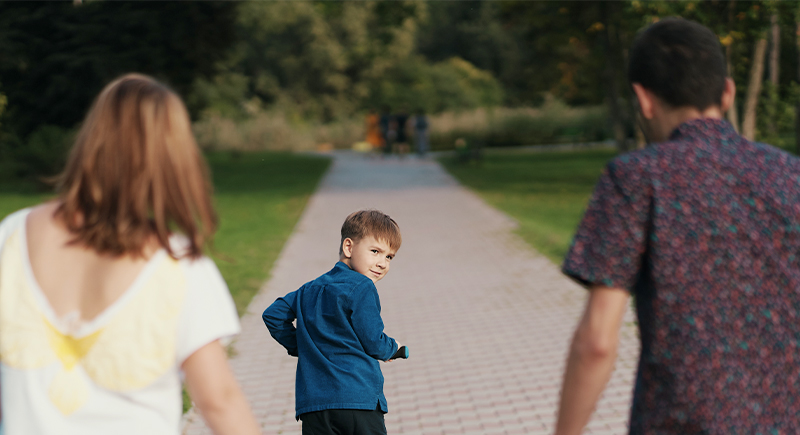
Credit: freepik
Adults in public felt perfectly fine stepping in to scold someone else’s child. The idea was that the entire community had a hand in raising kids. Social norms have shifted toward more guarded, private parenting.
Girls Were Told to Wear Girdles to Work or School

Credit: freepik
In some schools and offices, girls and women were expected to wear restrictive undergarments called foundation garments—longline bras or girdles—to “maintain proper posture and shape.” Women could even be reprimanded for wearing pants without pantyhose underneath.
People Could Drop by Your House Without Warning

Credit: Canva
Before texting, calling ahead wasn’t a given. Friends, neighbors, and extended family often just appeared at your front door. It was seen as friendly, not invasive. Some even brought a card game or stayed for dinner.
Birthday Hits Were a Thing

Credit: Canva
Getting hit once for every year you’ve been alive might sound like hazing, but it was considered tradition. These playful birthday hits were common at parties, sometimes doled out by well-meaning relatives. It was intended to be playful, not painful, but the practice now feels awkward at best.
People Watched the Royal Family Eat

Credit: IMDb
In Louis XIV’s court at Versailles, meals were practically a performance. Nobles and visitors stood nearby while the king and his family dined. The closer you sat to the royal table, the higher your status.
Victorians Used Postage Stamps for Secret Messages
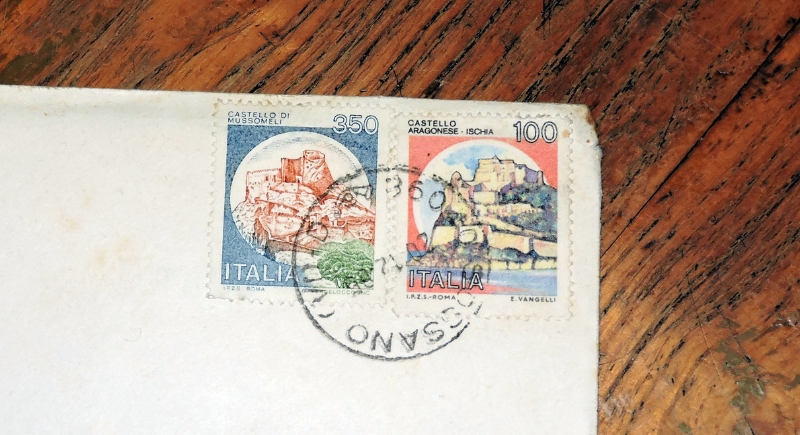
Credit: pixabay
In Victorian England, people didn’t have phones, so they found clever ways to flirt. The angle and placement of a stamp on an envelope could carry coded messages. A stamp upside down in the corner might signal “I love you.” Others implied rejection or secrecy.
Parents Were Told Not to Cuddle Their Babies
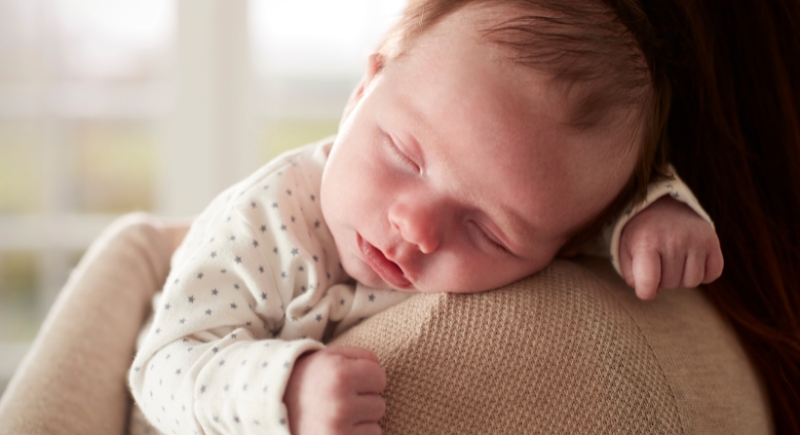
Credit: Canva
For decades, experts warned parents that showing too much affection to infants could spoil them. Picking up a crying baby or playing with them too much was discouraged, as experts claimed it would make them weak or dependent. The unfortunate thinking was all about building “toughness.”
People Smiled While Answering the Phone—Even Alone

Credit: freepik
Telephone etiquette guides used to advise people to smile while speaking on the phone, even though no one could see them. The idea was that a smile would “come through” in your tone of voice. Voice image mattered as much as visual image did in person.
Courtiers Had to Scratch, Not Knock
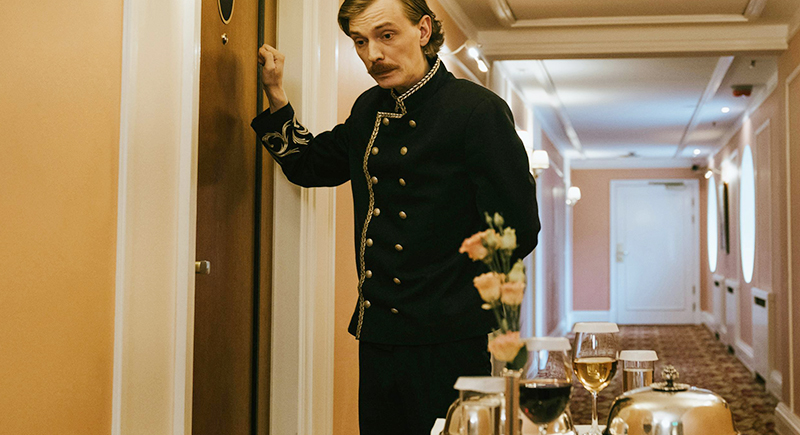
Credit: pexels
In the court of Louis XIV, knocking on the king’s door was forbidden. Instead, visitors had to lightly scratch the surface with a long pinky nail to announce themselves. This odd protocol led many courtiers to grow out one nail specifically for the task.
Adults Forced Kids to Hug Creepy Relatives

Credit: Getty Images
Family gatherings involved kids being told to hug or kiss extended relatives, regardless of how uncomfortable it felt. Refusing was seen as rude and not protective. These days, consent-based parenting encourages kids to set boundaries around physical touch, even with family.
People Got Dressed in Front of a Crowd
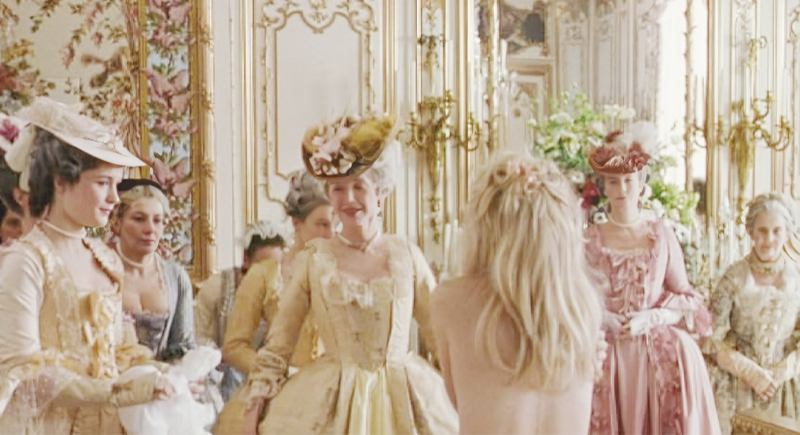
Credit: IMDb
Getting dressed in the morning was a royal group activity. In monarchies like France, nobles and servants gathered to watch the king or queen put on clothing for the day. It was ceremonial, sure—but it was also weirdly intimate.
Job Interviews Include Wildly Inappropriate Questions

Credit: freepik
Women in job interviews were routinely asked if they planned to get married or have kids. Sometimes, the question was blunt; other times, it came with a wink and a joke. Questions like that are now illegal under U.S. law, but back then, they were just part of the process.
Women Couldn’t Give Store-Bought Gifts to Men
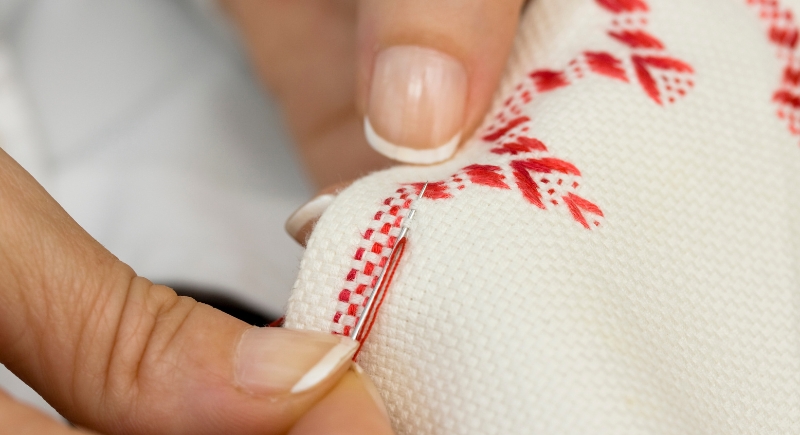
Credit: Getty Images
During the Victorian era, a woman could only give a man something she had made herself to demonstrate domestic skill and virtue. Embroidered handkerchiefs, pressed flowers, and bookmarks were all fair game. Buying a gift was too bold and might’ve sent the wrong message.
New Moms Were Often Approached by Strangers Wanting to Hold the Baby
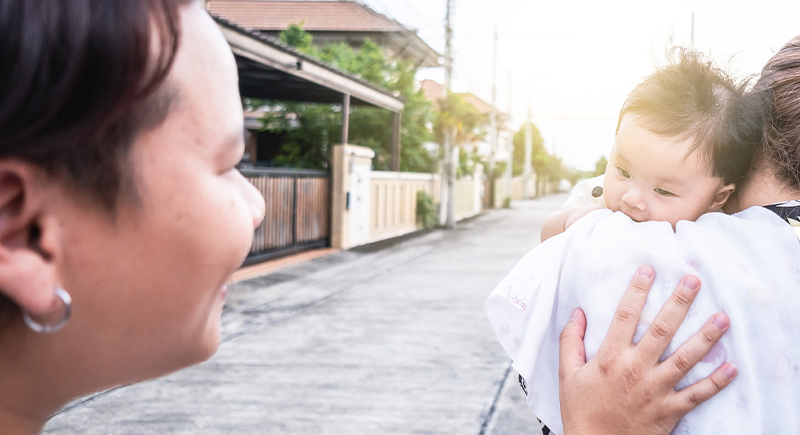
Credit: iStockphoto
A mom walking through a park or a grocery store could hear, “What a cute baby! Can I hold them?” and sometimes the stranger wouldn’t wait for an answer. Touching, cooing, and even scooping up someone else’s infant wasn’t unusual. Thankfully, uninvited baby-handling has gone out of style.